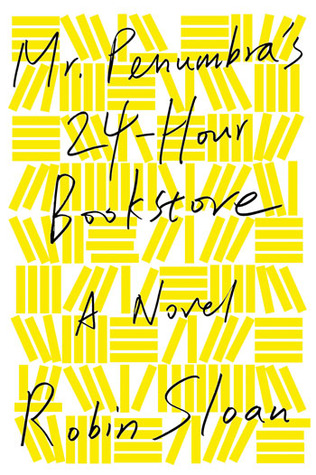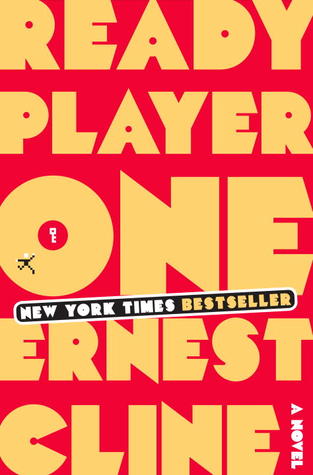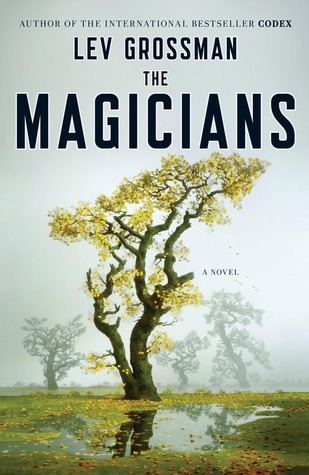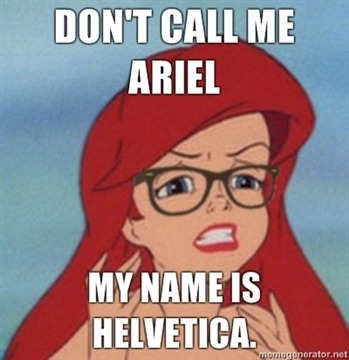 Shopgirl by Steve Martin
Shopgirl by Steve MartinMy rating: 4 of 5 stars
It's confirmed. I have a bit of a crush on Steve Martin.
Sensory descriptions like this make me weak in the knees:
...the various scents that have been sprayed throughout the day onto waiting customers have collected into strata in the department store air. So Mirabelle, at five-six, always smells Chanel number 5, while someone at five-two is always treated to the heavier Chanel number 19.I love that I can almost visualize the strata, and I immediately imagine walking through that store with girlfriends of different heights and each of us thinking that the store smells like something different.
Mirabelle (played by Claire Danes in the movie, which is coming up on my Netflix queue as soon as I catch up on Downton Abbey!) is a salesgirl in the nearly deserted gloves department of an upscale department store in southern California. Shopgirl is primarily the story of Mirabelle and two men: one a slacker type (played by Jason Schwartzman) with whom Mirabelle becomes passively involved, the other an older and wealthier businessman (played by Martin himself) with whom Mirabelle finds herself in an unexpectedly deep relationship. The former is described thusly:
He never complicates a desire by overthinking it, unlike Mirabelle, who spins a cocoon around an idea until it is immobile.
 |
| This moth is really an immobilized desire. http://animals.howstuffworks.com/animal-facts/cocoon-info.htm |
You know how sometimes you look up from a book, or work, or a good conversation, and realize it's gotten dark outside without you realizing it? In other words, a dramatic change has occurred, but so gradually that you can't pinpoint when it happened. The unfolding of the characters was like that for me; by the end of the book I felt that I fiercely understood Mirablle, but I still can't point to a specific moment when I began to understand her motivations. And I thoroughly enjoyed the characters' journey, though at times it seemed largely a passive one.
I withheld a star because of the ending. Whereas the rest of this novella was marked by the slow, quiet progress of three characters' lives, the last several pages were composed of clipped summaries that spanned months and years in just a few short paragraphs. It felt rushed and abridged after the patient pace of the rest of the book, and left me feeling disappointed and unsatisfied. Still, I liked the rest of it so much that I recommend Shopgirl rather highly if you're in need of a short book that is mostly sweet but has a thread of melancholy. But if you have time for something longer, pick up Martin's An Object of Beauty instead.



























 . . .
. . . 















